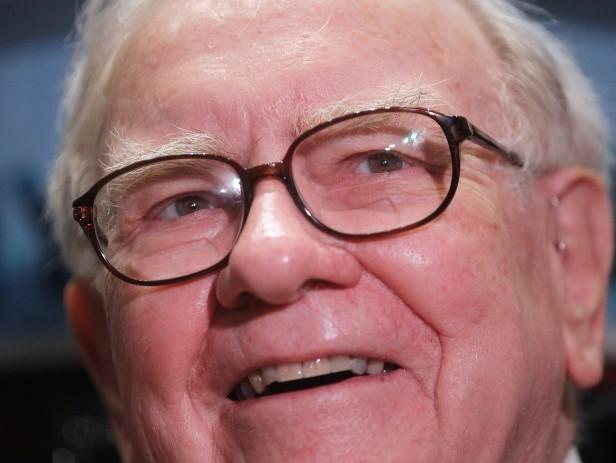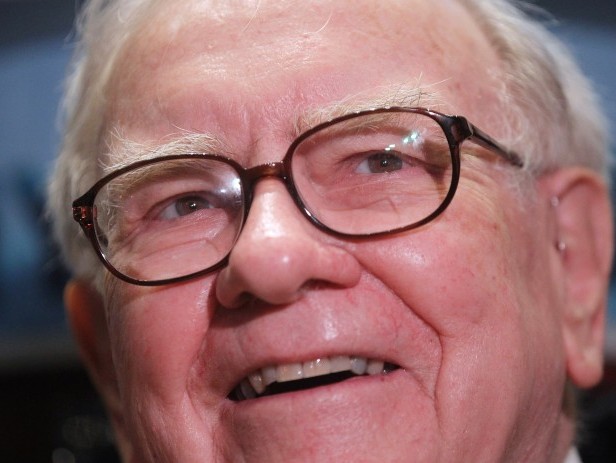NEW YORK—Berkshire Hathaway Inc. said that the conglomerate’s quarterly profit fell by 30 percent as the company was hurt by weaker performance from its insurance units and derivative bets. Warren Buffett, its chairman, also revealed that a successor has been identified.
Berkshire, the company that serves as a holding company to Buffett’s investments, saw its fourth-quarter earnings tumble to $3.05 billion, compared to $4.4 billion from a year earlier. Profits for the full year fell 21 percent compared to last year.
The performance was largely due to losses at Geico Corp., the auto insurance company owned by Berkshire.
Geico has been hurt by additional claims and higher insurance underwriting costs. In addition, the company’s derivatives portfolio suffered losses, specifically derivatives tied to certain stock indices.
Berkshire Hathaway Reinsurance Group, in addition, recorded underwriting losses of $392 million. Berkshire executive Ajit Jain runs this unit.
In total, the insurance arms suffered $1.7 billion in catastrophe losses last year, which can be attributed to the massive earthquake and tsunami in Japan in early 2011.
In his customary letter to Berkshire shareholders, Buffett wrote that he does not plan to enter into significant derivative contracts because of additional collateral requirements. “The possibility of some sudden and huge posting requirement—arising from an out-of-the-blue event such as a worldwide financial panic or massive terrorist attack—is inconsistent with our primary objectives,” he wrote in the letter, which was posted on Berkshire’s website. Buffett had criticized derivatives in the past and blamed them in part for the recent financial crisis.
Buffett Names Successor
Buffett said that he has identified Berkshire’s future CEO, but did not reveal his name.
The future CEO is “an individual to whom they [the company’s board members] have had a great deal of exposure and whose managerial and human qualities they admire,” Buffett said. He also stated that he has two backups in mind as well.






